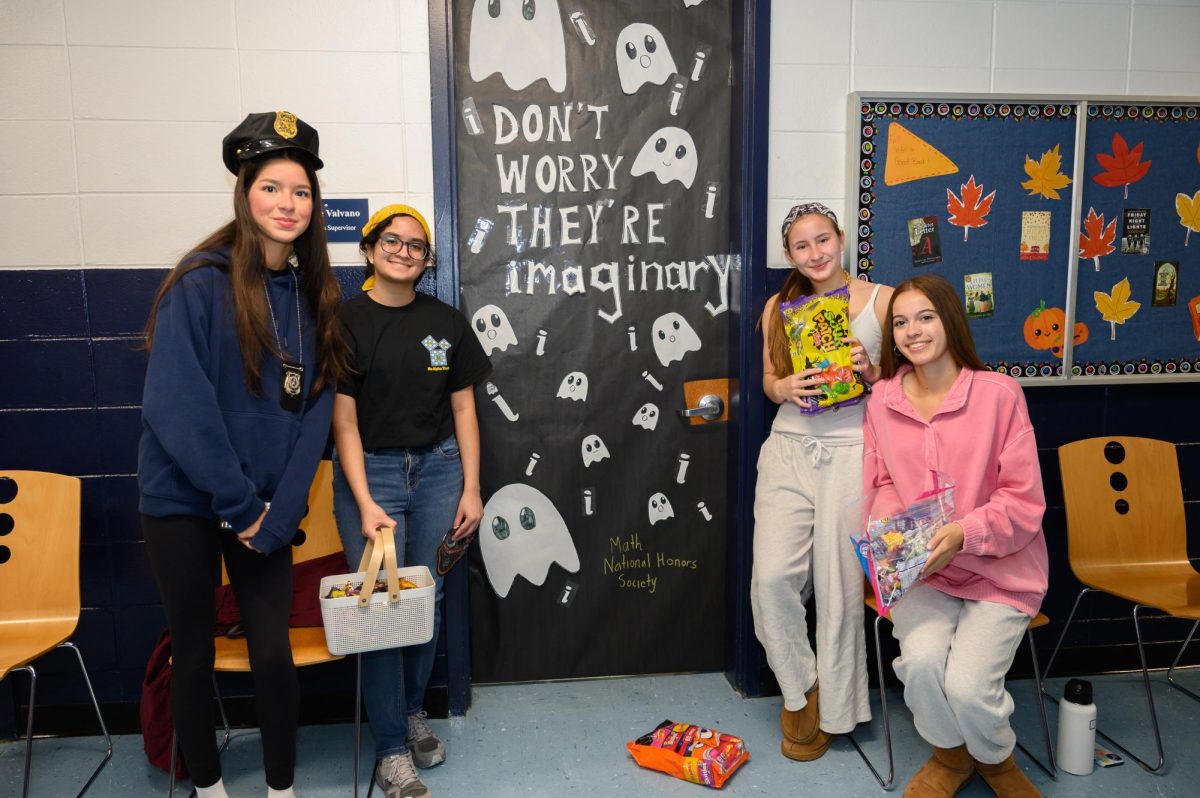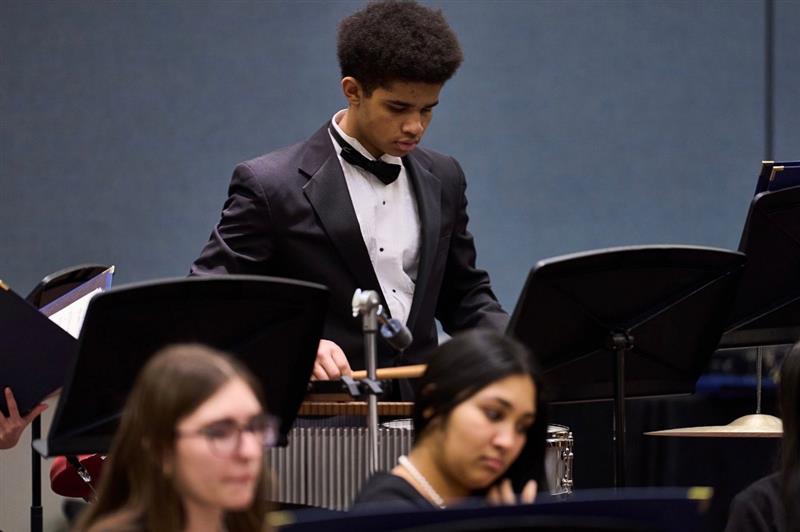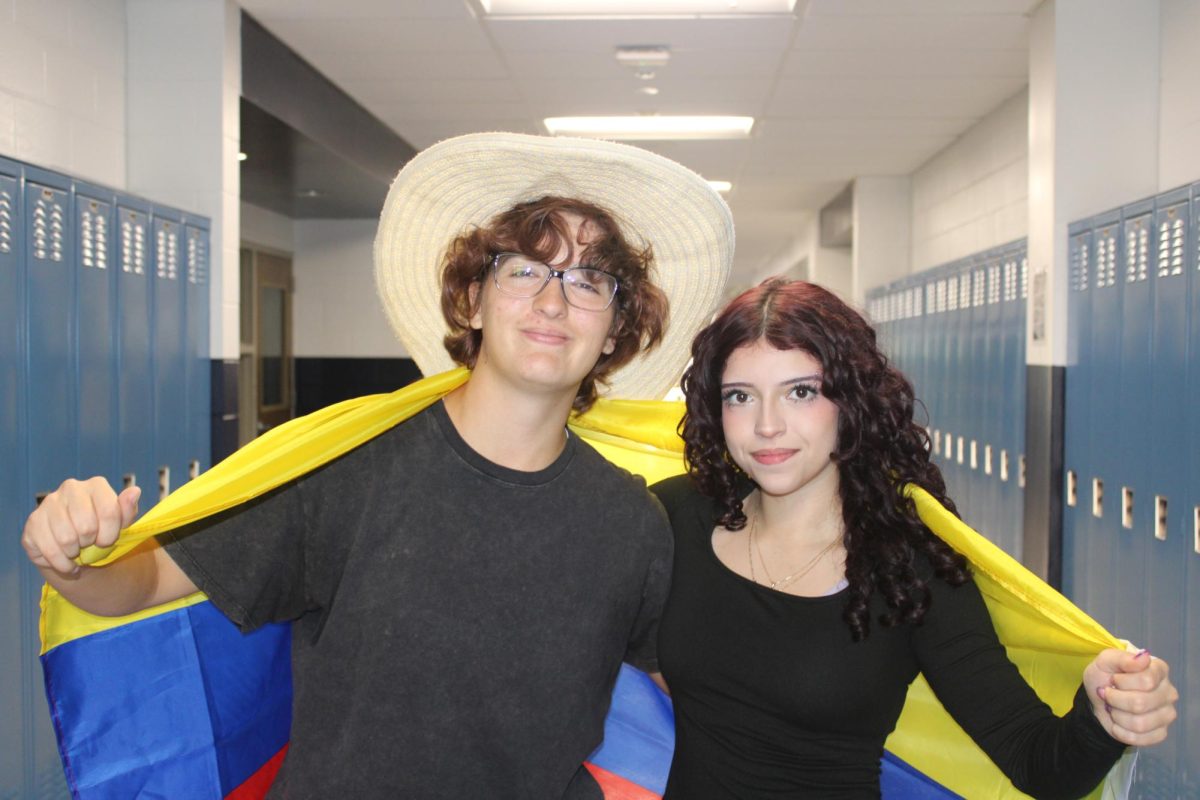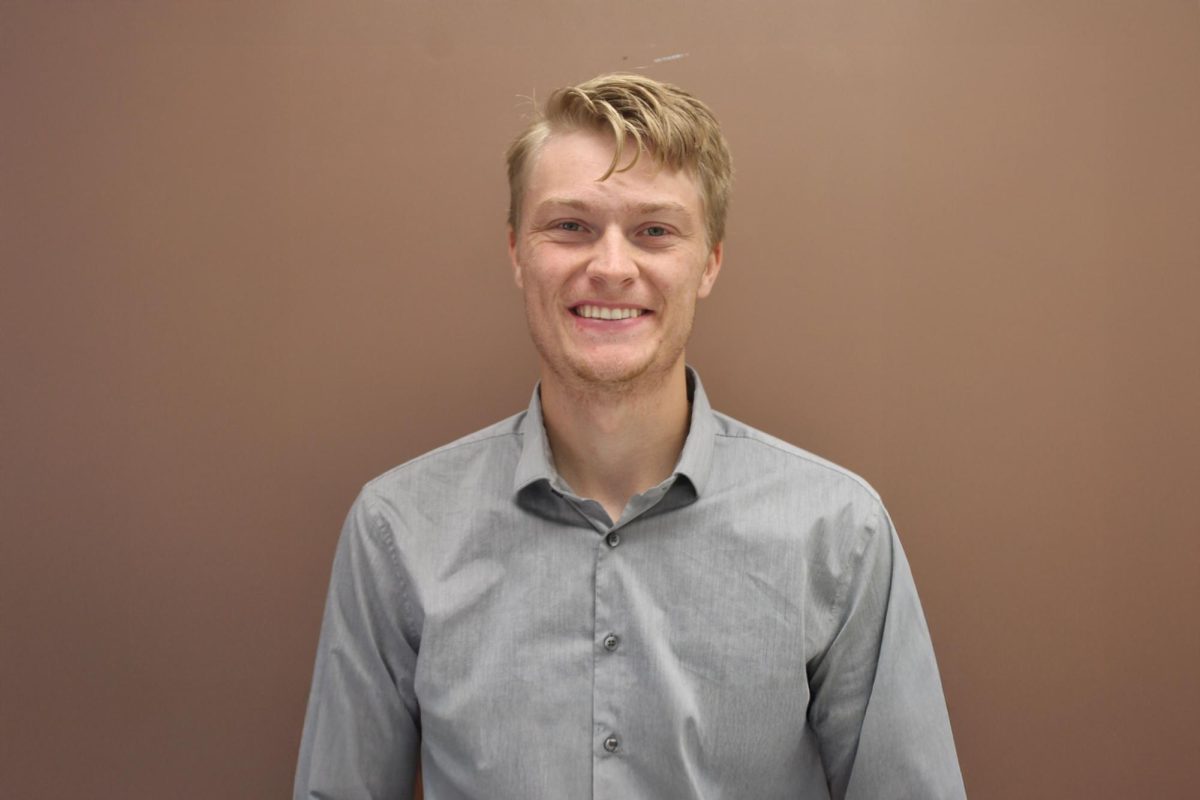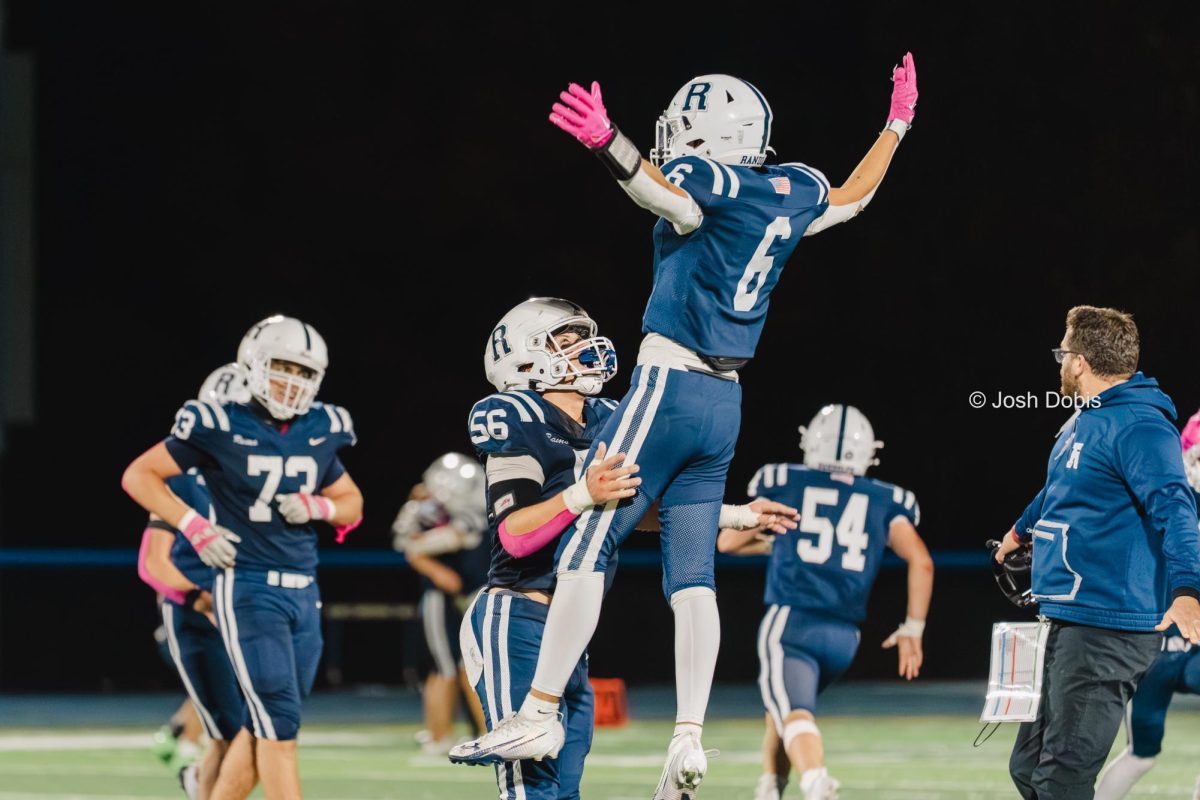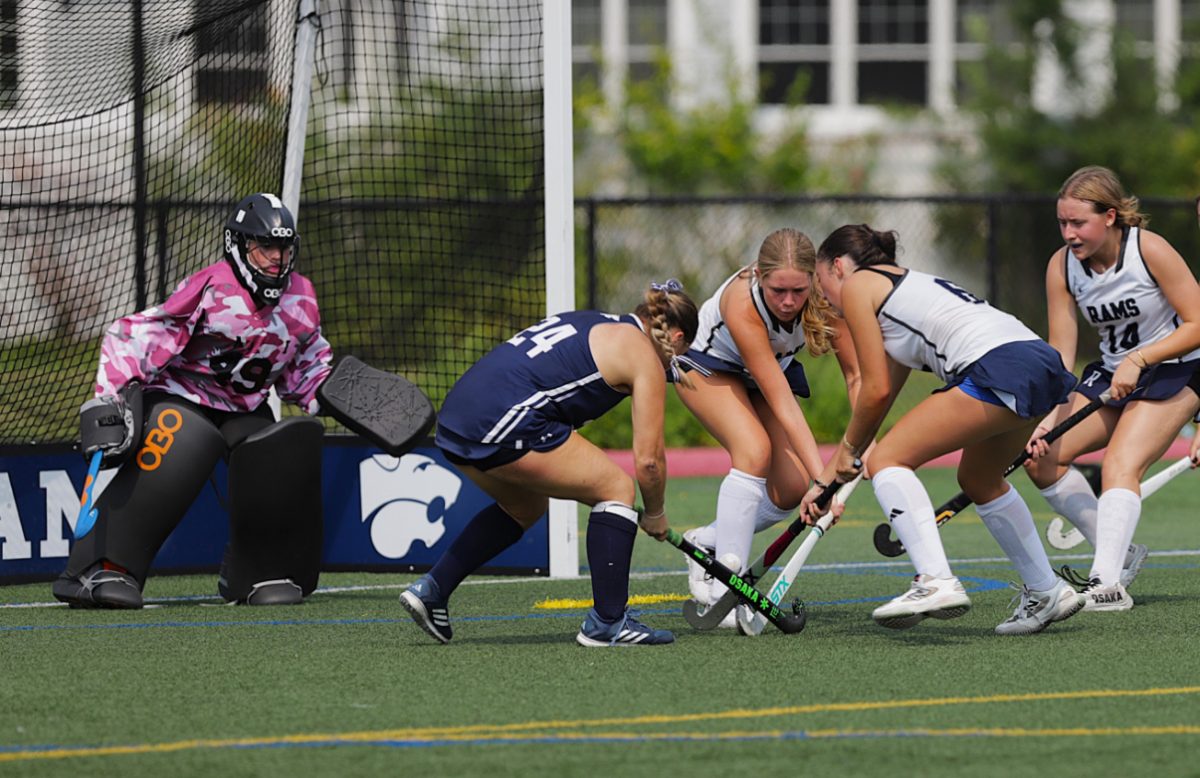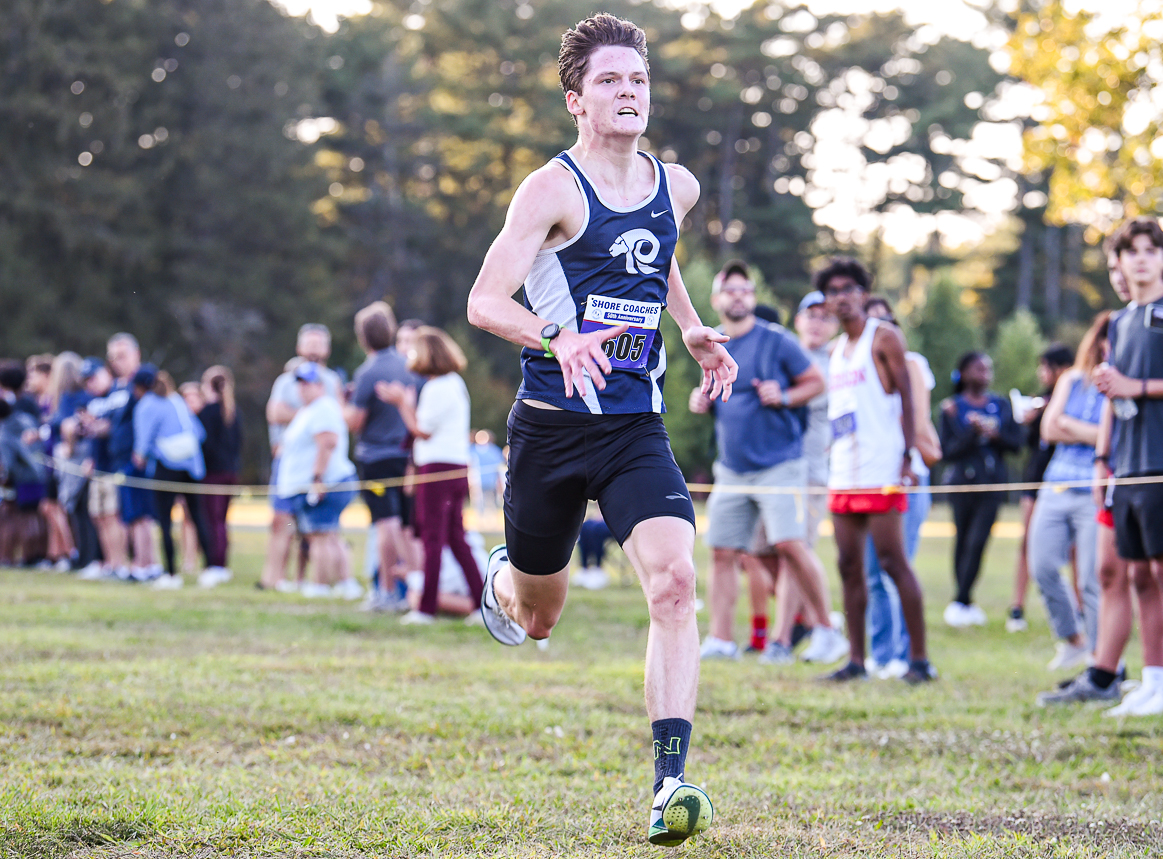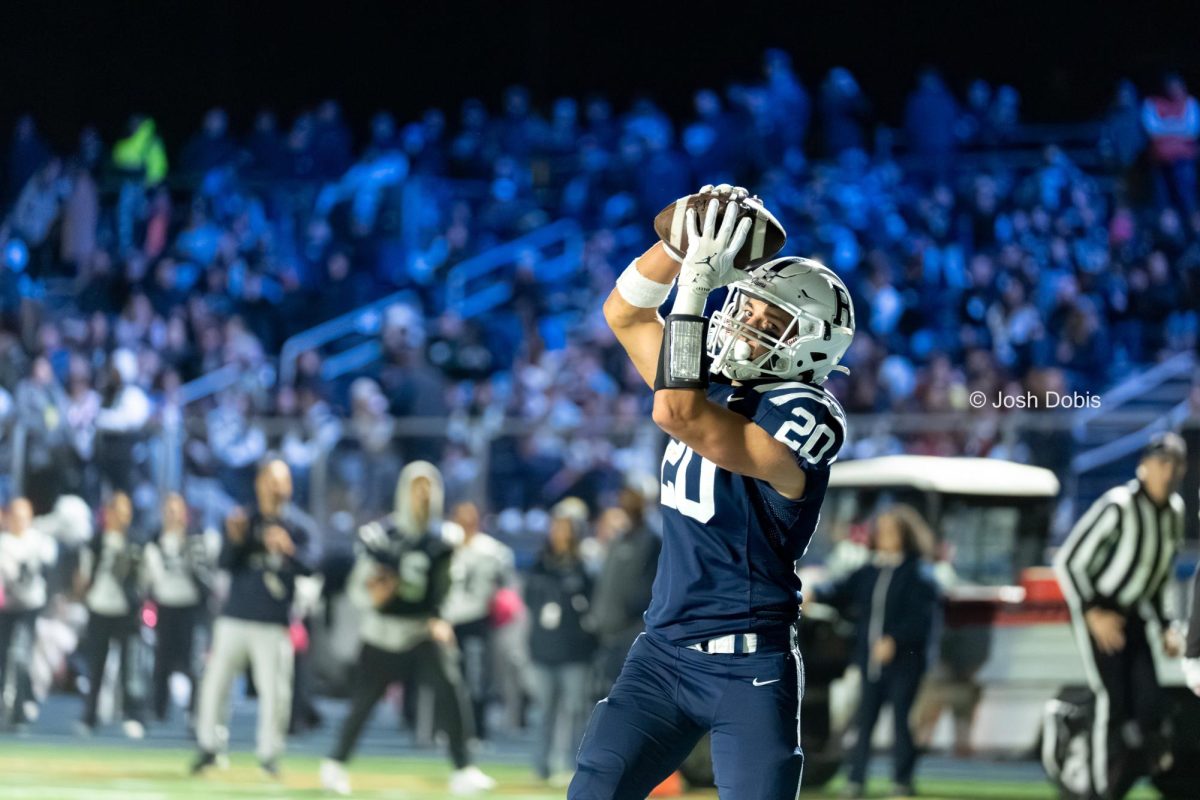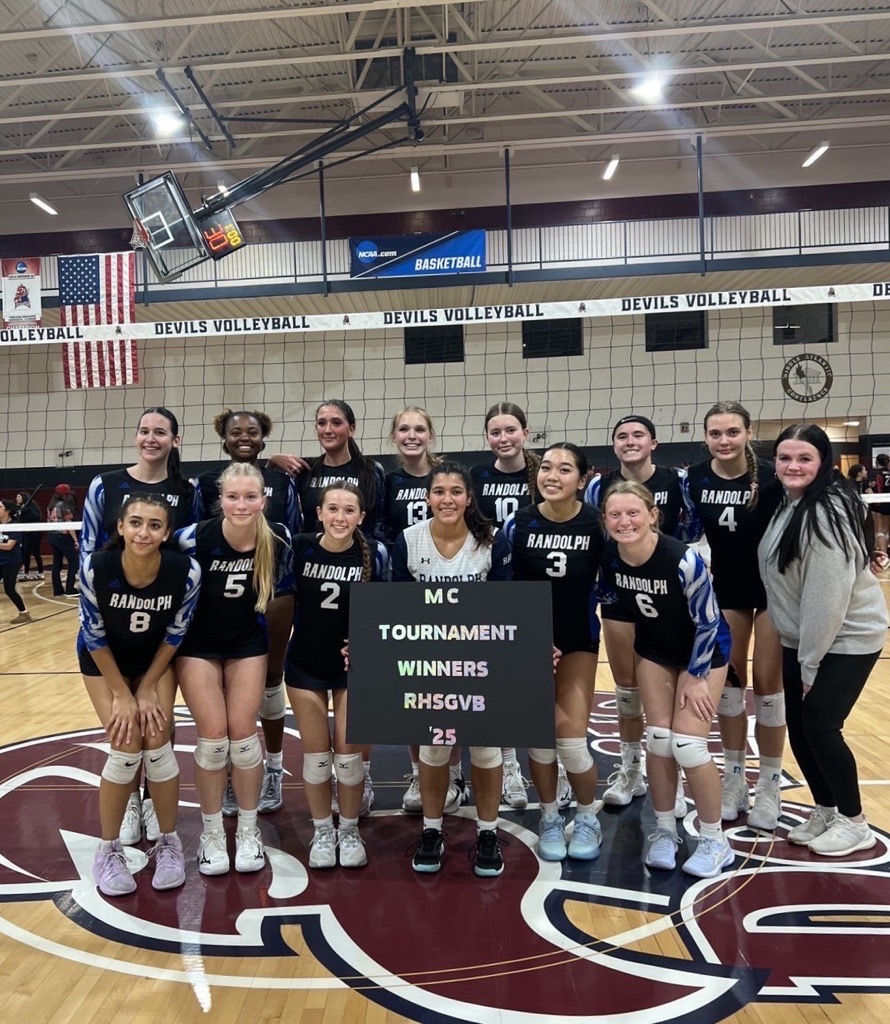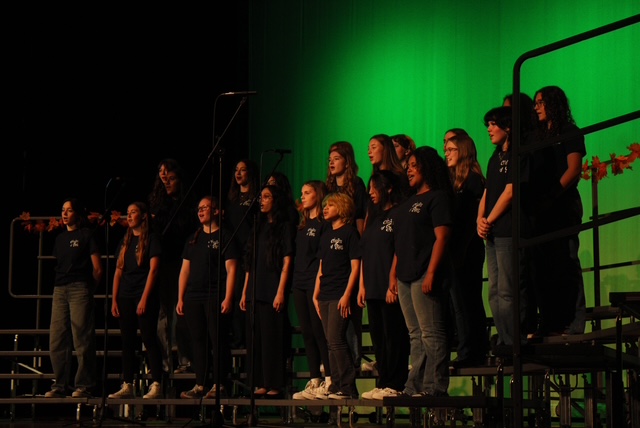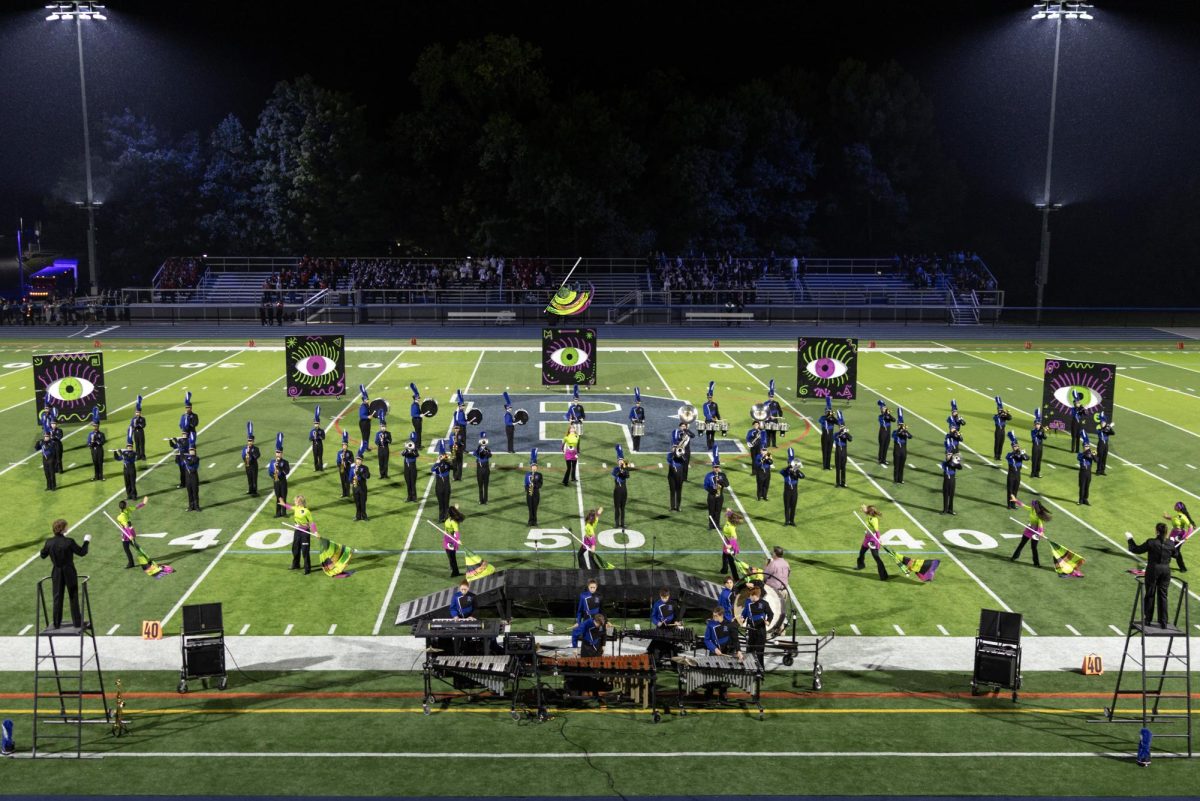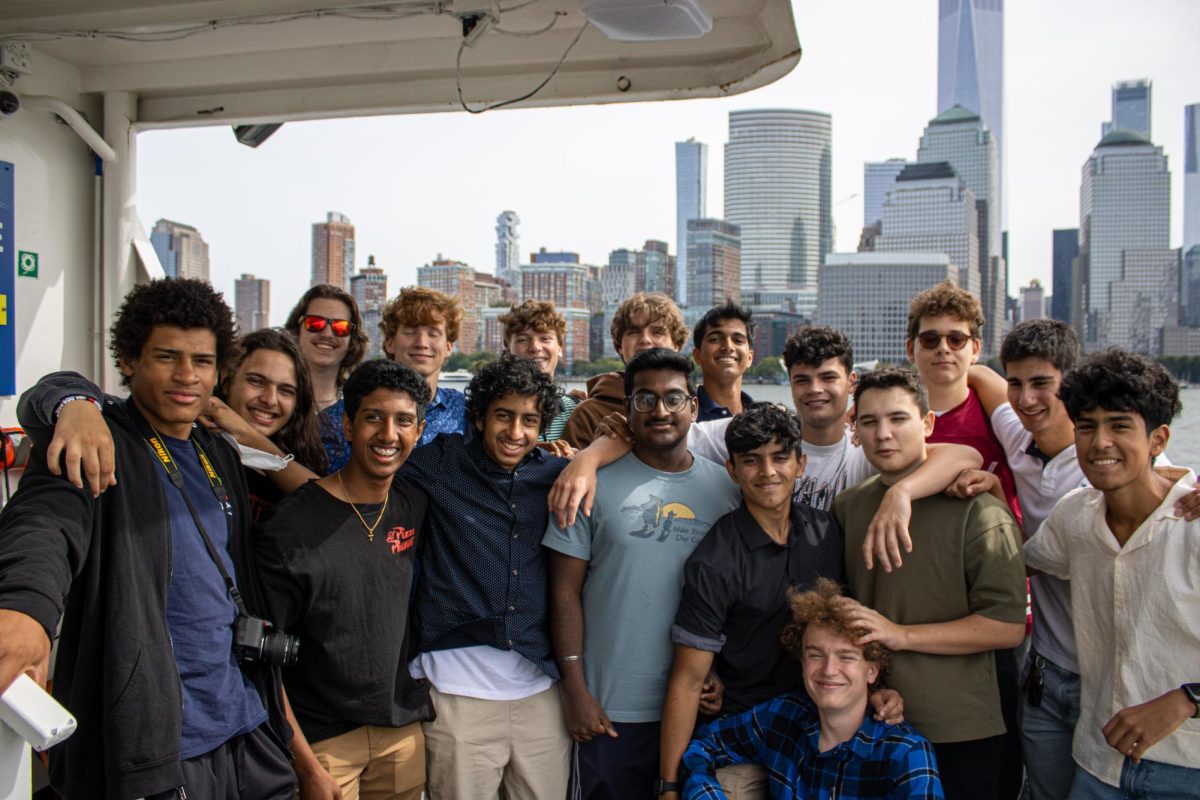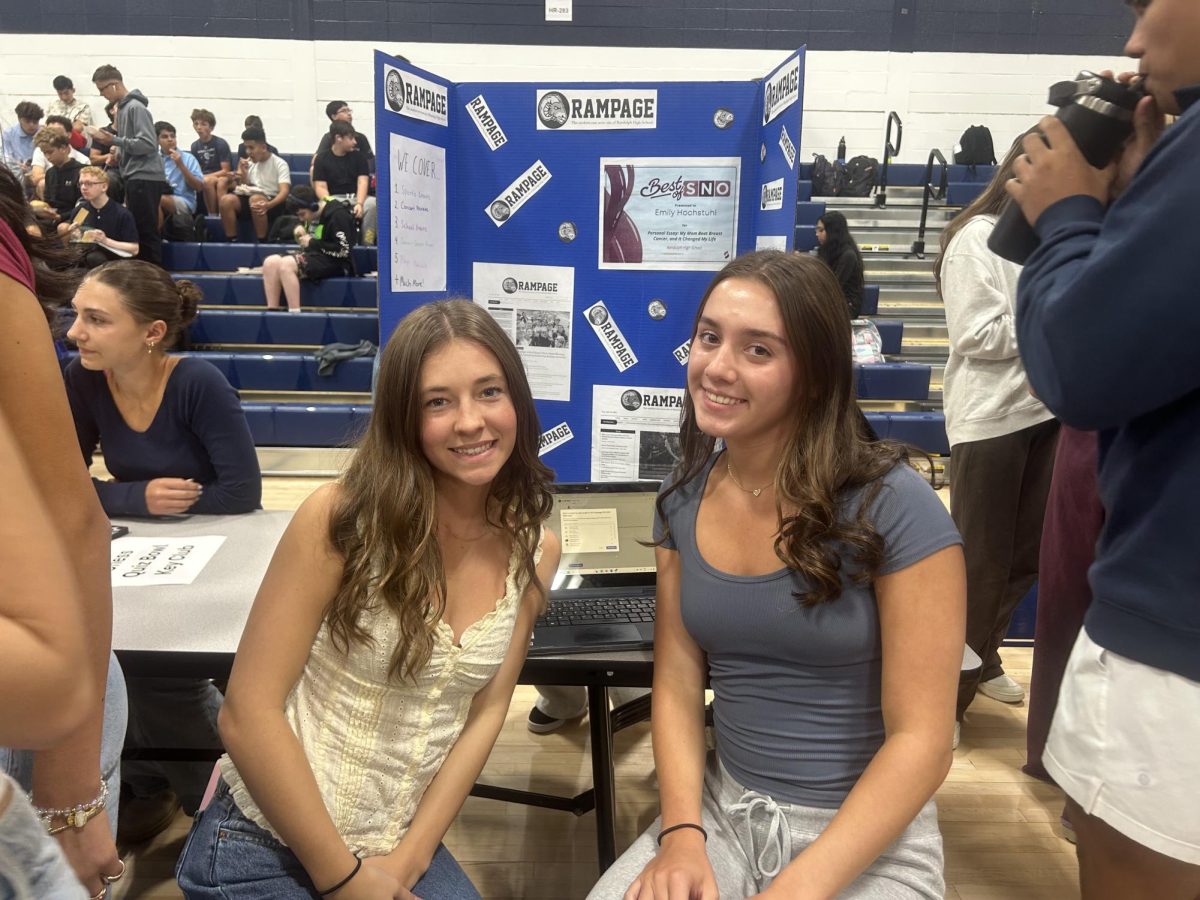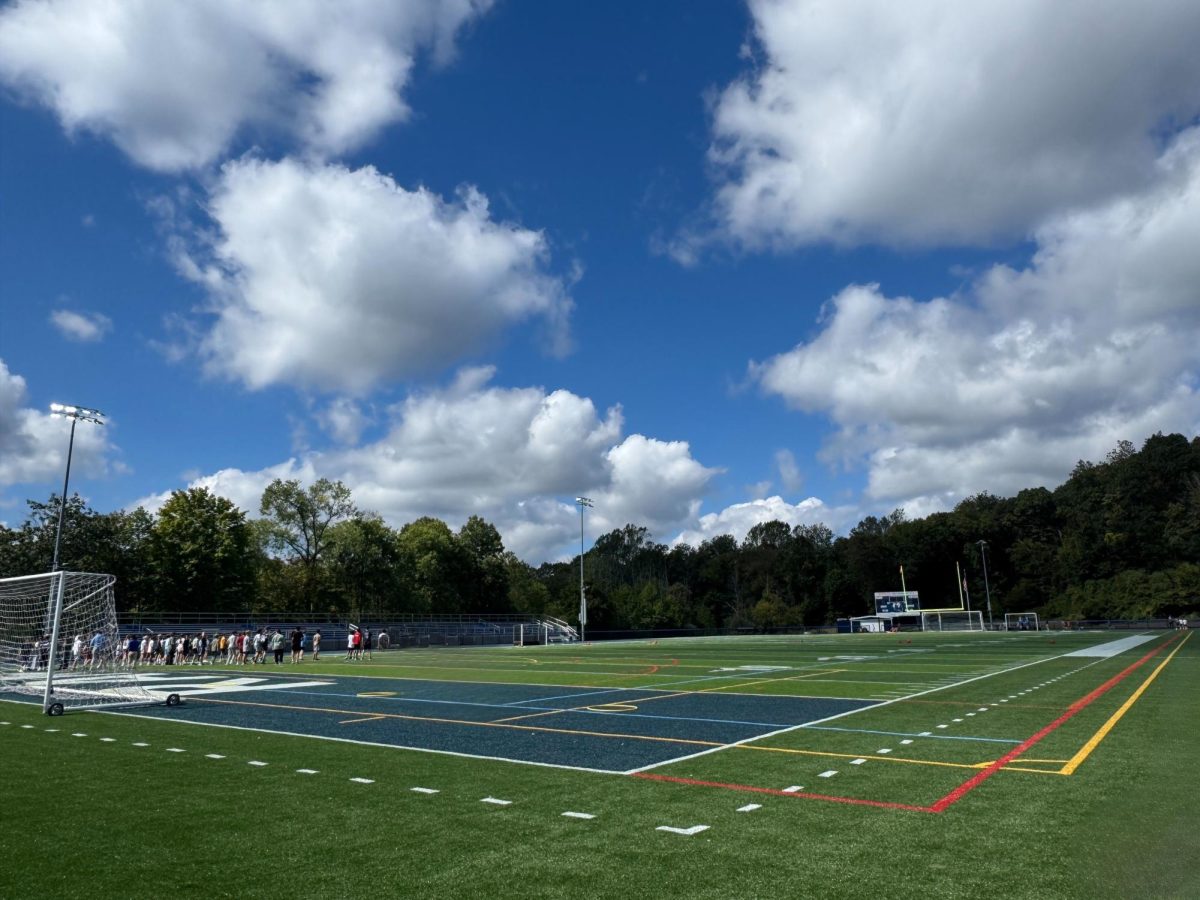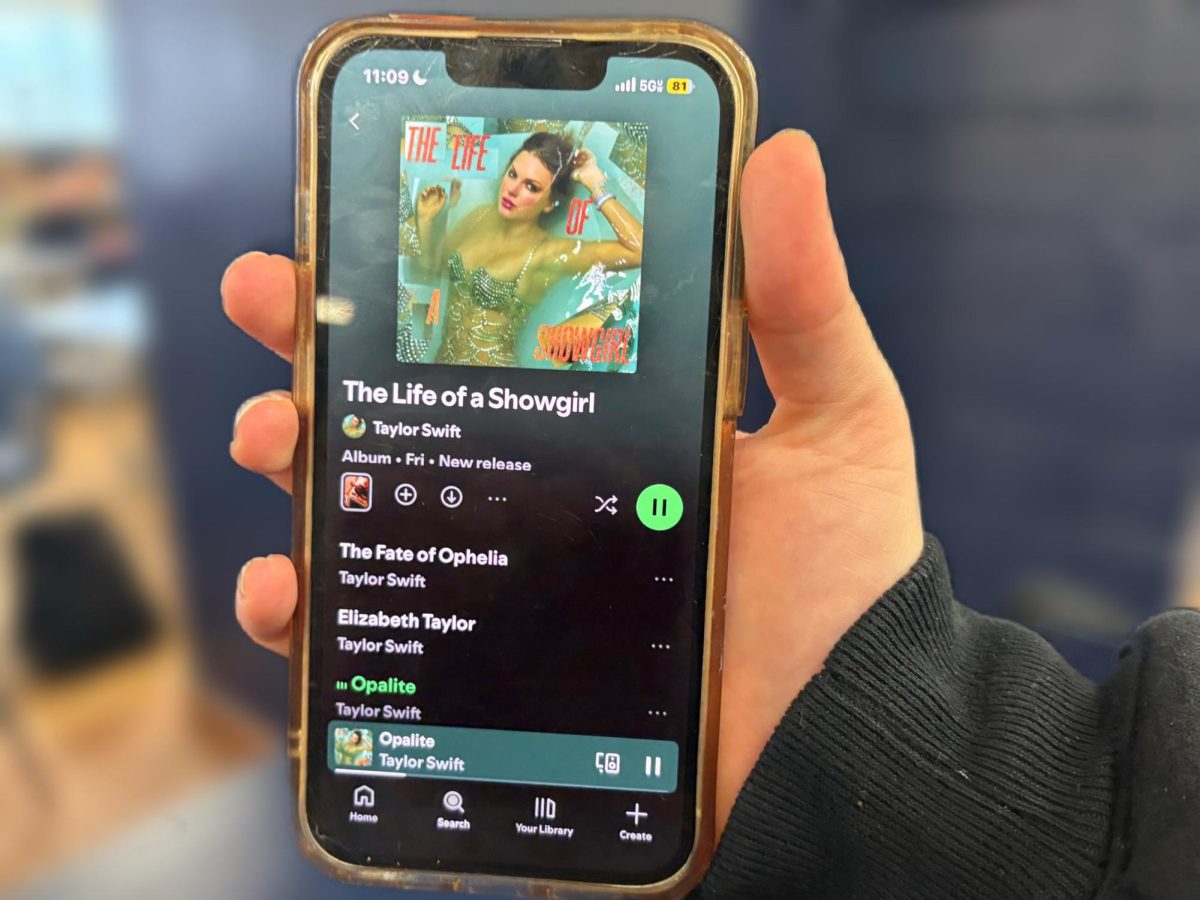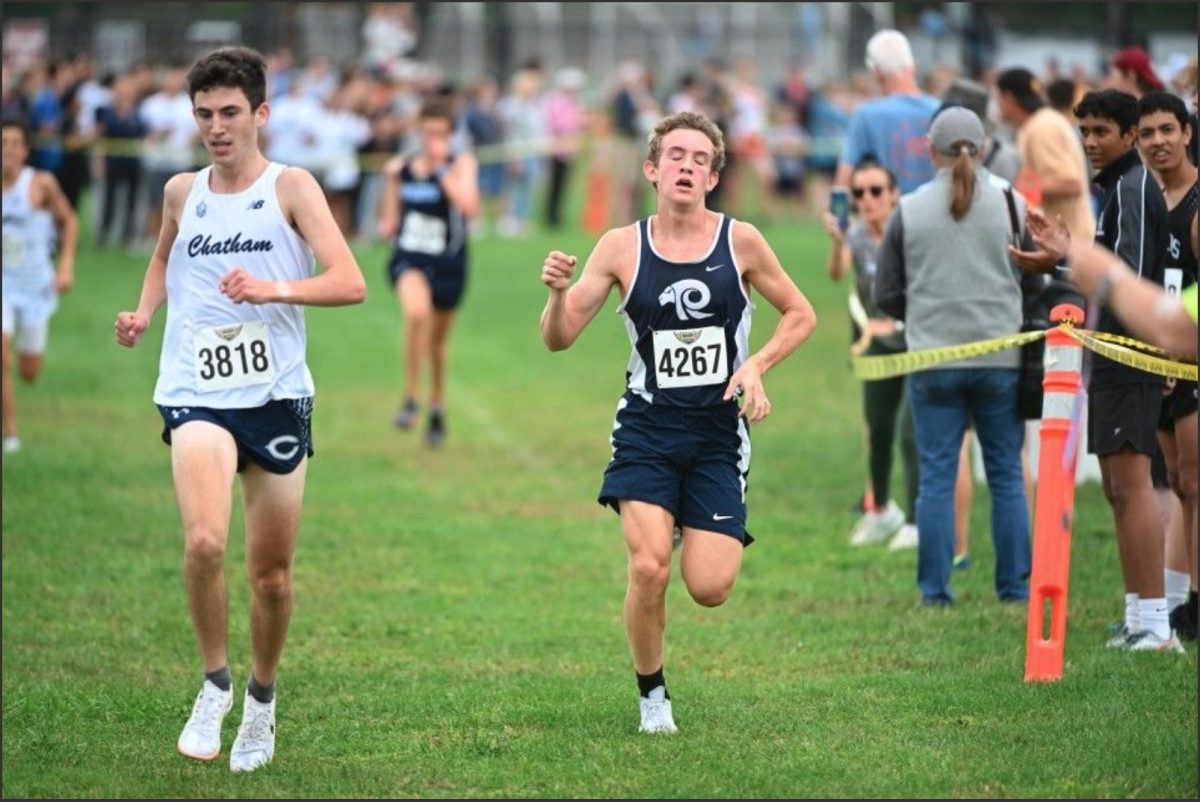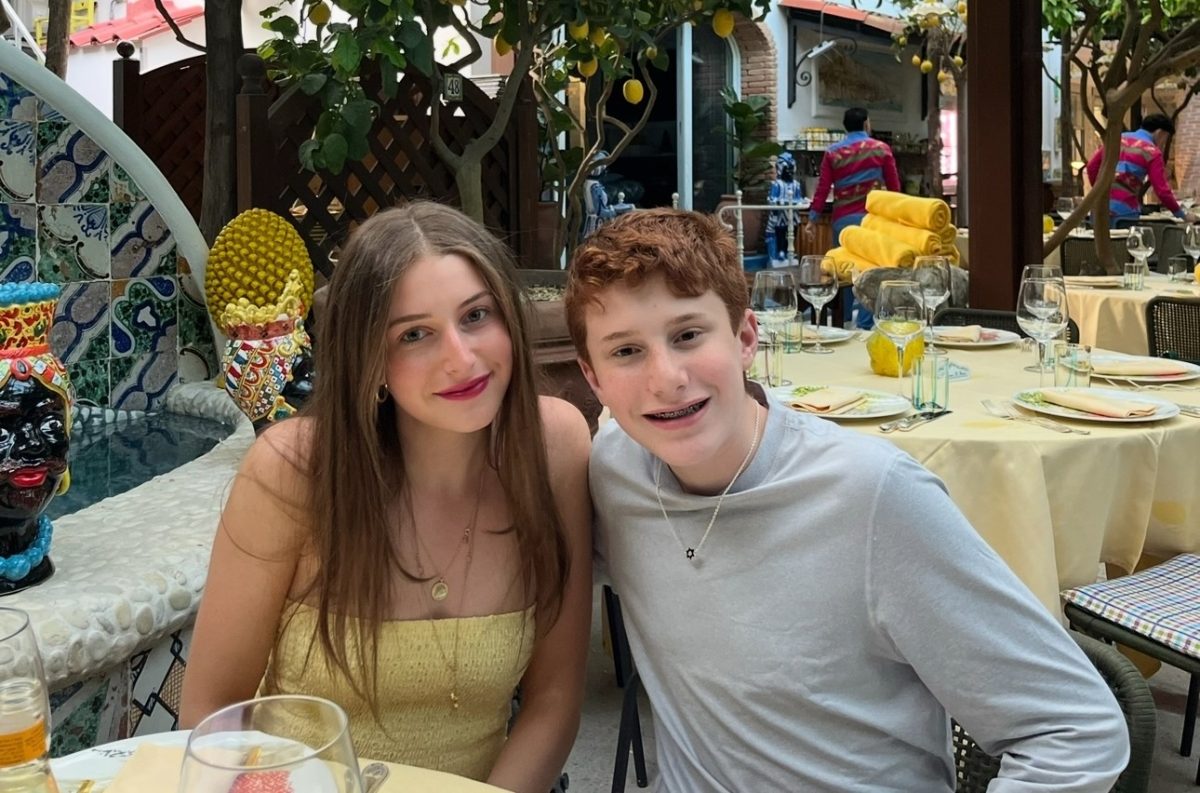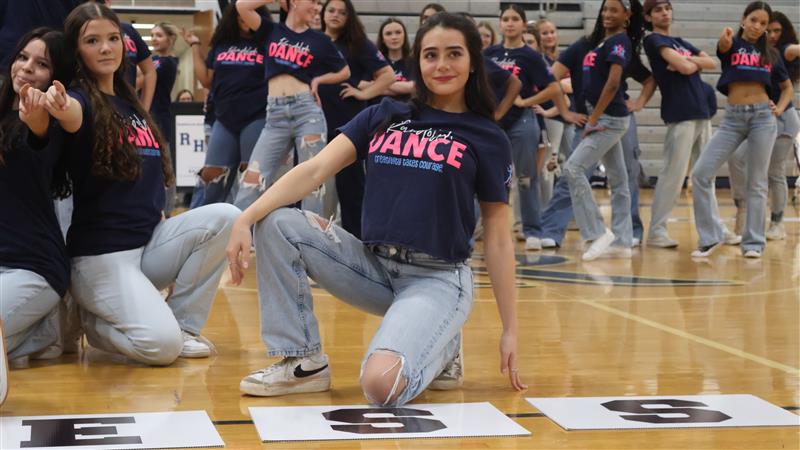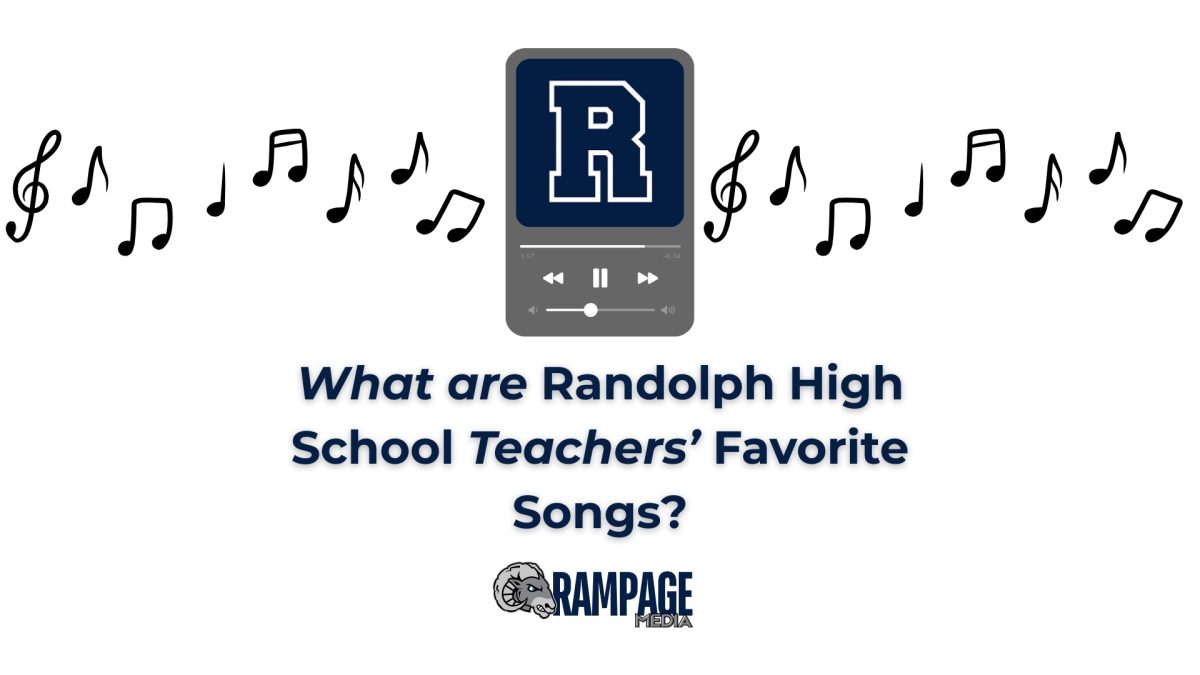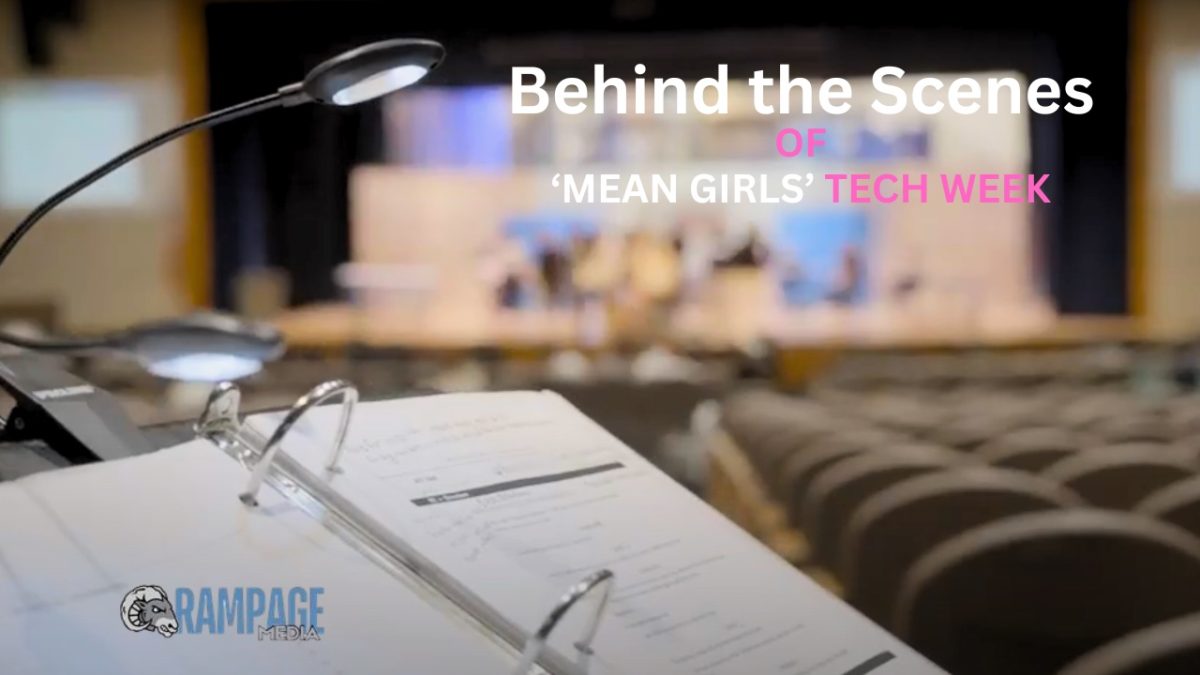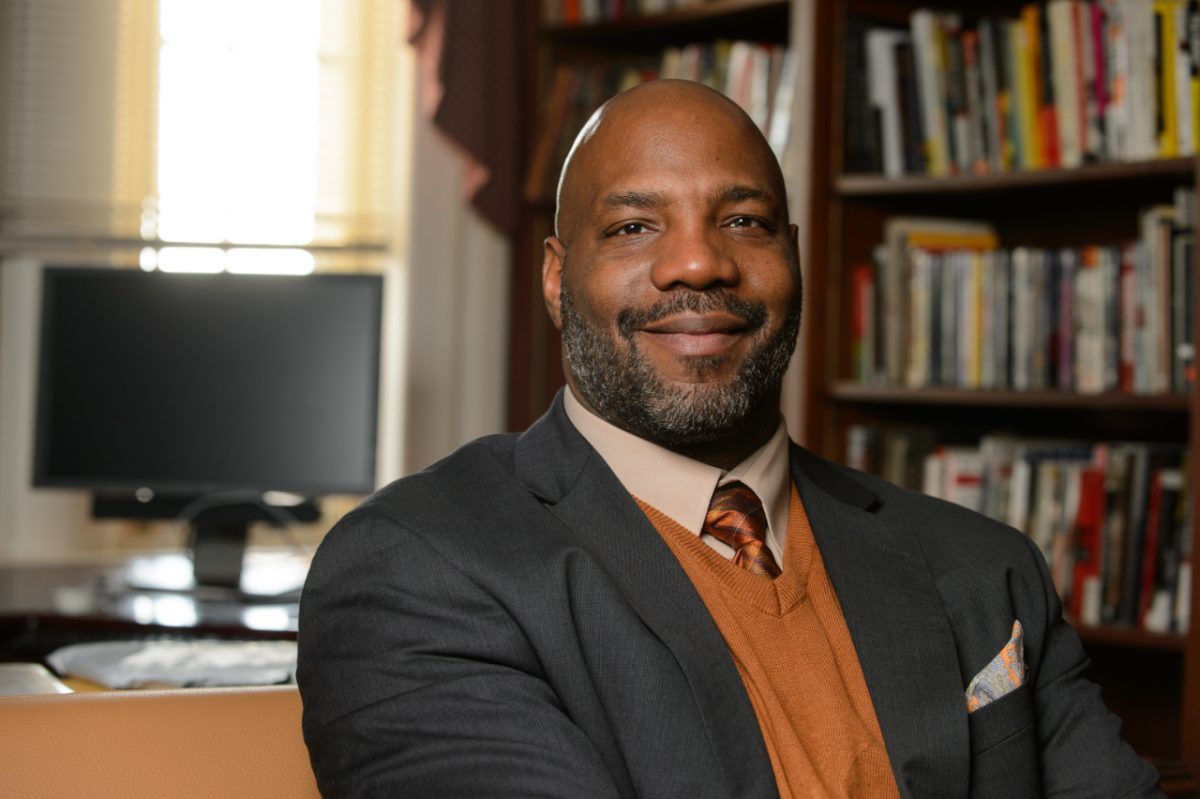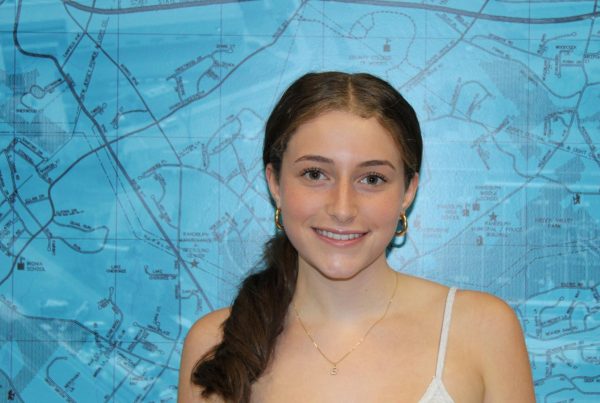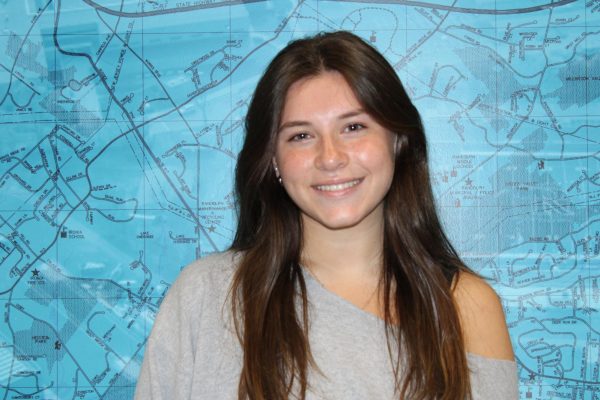RHS students taking AP African American History and Journalism were treated to a Zoom session with special guest speaker Jelani Cobb, the dean of the Columbia Journalism School, on Friday, Jan. 24.
In addition to his work at Columbia, Cobb is also a staff writer for “The New Yorker” and the author of numerous works on race and politics. In addition, he serves as a political analyst for MSNBC.
Cobb, who has written on race and politics his entire career, emphasized the critical role journalism plays in shaping societal understanding, explaining that journalists have many responsibilities when reporting on racial issues. “We have to be ethical, fair and fast,” he said. “When you don’t know a lot about a subject, then your best tool is be able to ask good questions.”
Cobb was born and raised in Queens, New York, in the 1970s and 1980s. While his father never got more than a third-grade education, he still stressed the value of learning to his young son. After graduating from Jamaica High School, Cobb obtained a bachelor’s degree in English at Howard University and went on to receive a master’s and doctorate in American History at Rutgers University.
Cobb’s writing career began during his time at Howard when he contributed to various publications. He later joined “The New Yorker” as a staff writer in 2015 and became a faculty member at the Columbia Journalism School in 2016, where he was named dean in 2022.
When asked what influenced his decision to specialize in topics like race and politics as a journalist and author, Cobb replied, “My culture. Someone in my neighborhood became LL Cool Jay. I wasn’t that good as a rapper. Pen instead of a microphone; writing became my rap.”
While growing up in Queens, Cobb explained that he was deeply influenced by the emergence of hip-hop, a cultural movement that profoundly shaped his worldview. Although he initially aspired to become a rapper, his studies at Howard University revealed to him that writing could carry the same cadence and impact as music. “My first voice as a writer was like if a rapper had a pen,” he said.
Cobb also spoke about the challenges and biases he has faced in his journalism career, particularly while navigating issues of race and inequality. “I am most proud that I can equip myself to handle difficult things,” he said. “Whatever goal you aspire to won’t be easy, but it’s not impossible. In the difficult moments, you learn the most about life,” he said, encouraging students to embrace adversity as a tool for growth.
Katherine Burke, who teaches AP African American History at RHS and organized the event, first contacted Cobb about providing some “words of wisdom” to her students on writing about race and politics for their upcoming College Board exam.
“He offered to meet with us instead,” Burke said. “I was so excited for our students to see someone in the field who could offer perspective and insight on both writing about race and politics and as a professional journalist.”
Cobb also offered career advice to the aspiring journalists in attendance. “Read a lot. Read broadly. Read magazines. Watch films. Engage with the world,” he said. “The best tool you have as a journalist is your curiosity.”
Students in attendance were clearly wowed by Cobb’s visit. “This meeting impacted my view on journalism, by showing me how hard work can pay off,” Journalism II student Jiah Shah said. “Cobb came from nothing, and he pushed his way through adversity to the top of the journalism field, which is incredibly inspiring.”

